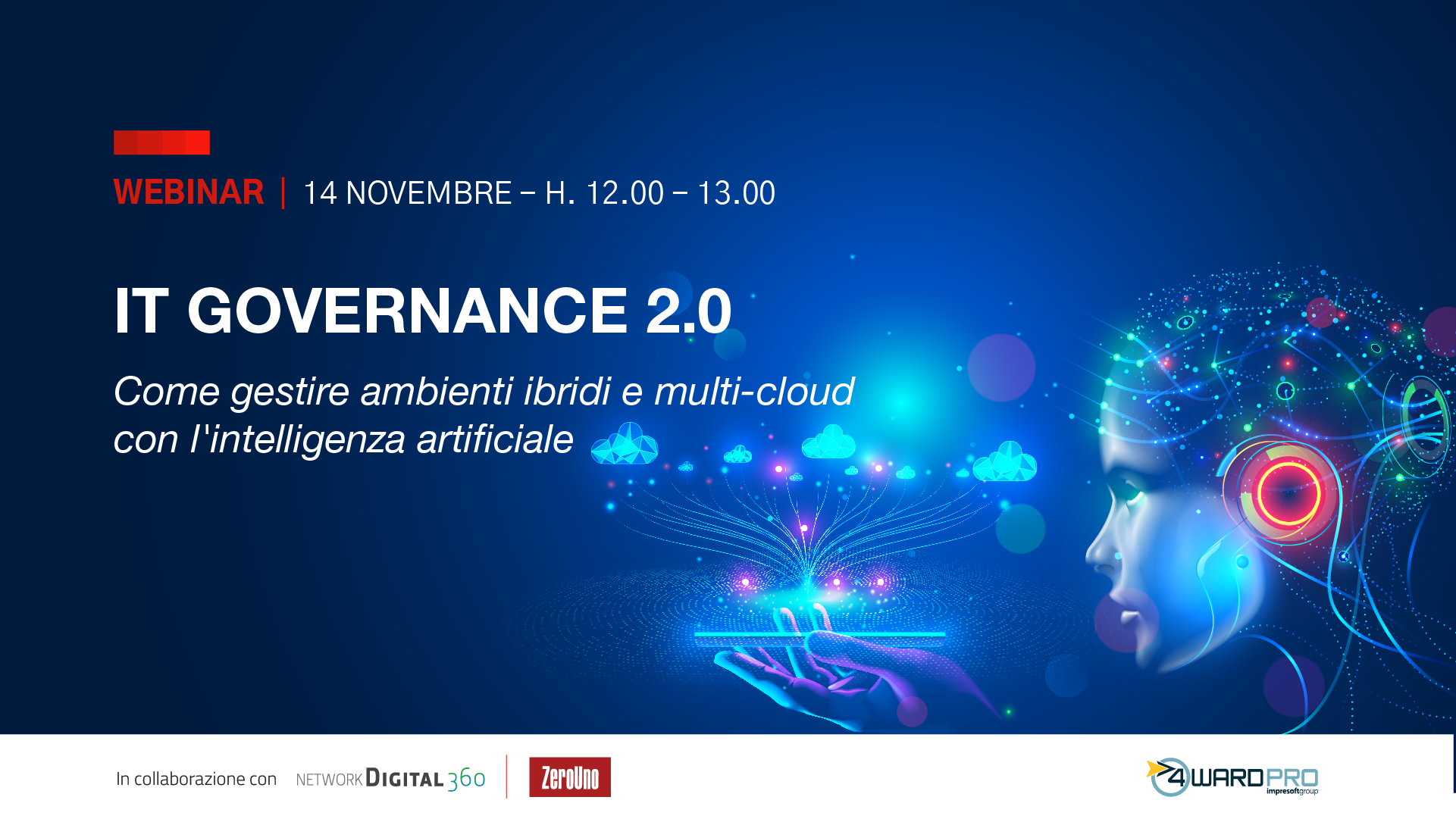Deloitte, who interviews thousands of customers every year between Austria, Belgium, France, Germany, Ireland, Italy, Poland, the Netherlands, Spain, Switzerland and the United Kingdom, takes stock of the situation by turning the spotlight on Big Data and the strategic importance of analytics. By 2020, the share of digital car insurance issued in these 11 countries could reach 17%, with a market value of more than 15 billion euros. In Italy the telematic market is expected in 2020 to reach 27% of the total.
What will make the difference will be above all a good data management
The insurance companies, in fact, are in the Top 3 of the companies with which customers are willing to share their personal data. In particular, 50% of customers are in favour of sharing data in exchange for additional services.
The results clearly indicate that insurers should carefully examine the possibilities of sharing data (any type of data) with their customers. Given the size of the market that could potentially develop for digital motor insurance, companies should consider how to adapt their offerings to take advantage from this opportunity. In this way, insurers would establish a different type of relationship with their customer in a market always looking for standardization of insurance products.
The choice to use digital car insurance to avoid standardization will in fact force insurers to differentiate themselves by offering more than just a policy at an interesting price. At the heart of the new development there is a more prudent and forward-looking management of data.
Digital car policy: how and why we like it
Digital car policies could be the element that finally allows insurers to innovate the insurance market, as they allow to create an interface of interaction with customers almost in real time. For the first time, insurers can communicate, interact and provide services through an impactful point of contact, based on the client’s current actions and needs as well as the client’s geographic location, situation and circumstances.
However, there is the issue of data protection, which has a certain influence on the purchasing decision of customers, although this differs from a European country to another. In any case, Deloitte analysts point out that customers seem much more willing to share driving data than social media data, which makes it difficult for insurance companies to collect and use personal data, where the latter could be potentially crucial for the creation of new contact points with existing customers.
The importance of analytics for the insurance sector
” The ever-growing data masses and ever-increasing technology aggregation is fuelling rapid changes – explains Paolo Gianturco, partner of Deloitte and responsible for FinTech -. Of course, most companies are only capturing a fraction of the potential value of data and analytics”.
It is not just a question of tracking and tracing information from sensors applied to the video surveillance of goods and resources, to the monitoring and control of plants and devices, to assisted driving and, more generally, to smart Transport Systems that are putting in place tools and means of transport in smart cities. The ability to map customers’ digital behaviours, propensities and purchasing choices is only one aspect of a value-added management evolution for the insurance services supply chain.
“The biggest obstacles that companies have to overcome in order to extract value from data and to carry out efficient analytics are organizational ones: many struggle to incorporate the added value of data into day-by-day processes – adds Luigi Mastrangelo, partner of Deloitte and Emea expert on Big Data issues -. Another challenge is to attract new data scientists who are able to combine data analysis skills with functional skills.
If customers entrust their data to insurers, the latter have the opportunity to become the integral element of mobility and automotive services in connectivity as platform coordinators. Insurers could establish significant partnerships with operators in the areas of remote safety/maintenance, fleet management systems, mobility services, payment circuits, car sharing services, car dealerships, navigation services and infotainment services, and with many other operators outside the mobility sector. In such an ecosystem, insurers can act as a trusted interface, keeping the relationship with customers strong through frequent interaction and generating additional revenue.
From the discount to a policy focused on a pool of integrated and diversified services
If today the focus of the offer of motor policies is still based on the power of discount, tomorrow the keystone of 4.0 policies will be the flexibility and variety of services offered increasingly tailored to the individual while in the future the role of insurance companies may be to coordinate the ecosystem of mobility through the use of a combination of technologies and analysis that will allow a new dimension of the concept of Safety and Security. Some insurance companies have already started to provide integrated services, such as car repair or free roadside assistance.
Extending the scope of operations by means of interactive technologies will allow insurers to regain control of the customer interface, which many companies have lost over time, enabling them to:
– Leverage on high frequency customer contact points
– Reposition the value proposition to provide the customer with a better experience and a level of convenience that exceeds his current expectations
– Be a reference for the customer not only in the event of a claim
– Enhance the ideas and insights developed through the data shared by customers, monetizing them through various business models
New partnerships for the Insurtech ecosystem
If customers entrust their data to insurers, the latter have the opportunity to become the integral element of mobility and automotive services in connectivity as platform coordinators. Insurers could establish significant partnerships with operators in the areas of remote safety/maintenance, fleet management systems, mobility services, payment circuits, car sharing services, car dealerships, navigation services and infotainment services, and with many other operators outside the mobility sector. In such an ecosystem, insurers can act as a trusted interface, keeping the relationship with customers alive through frequent interaction and generating additional revenue.
The full report can be downloaded here.
All rights reserved

